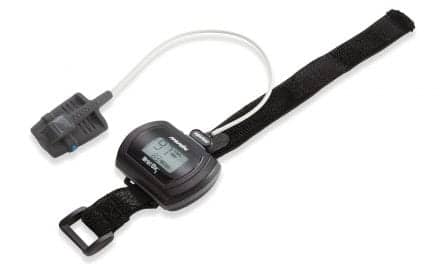Clinical alarms, designed to alert nurses and other providers of specific information about a patient’s condition, are not always given the attention they deserve due to “alarm fatigue,” according to the latest Practice Alert issued by the American Association of Critical-Care Nurses (AACN). The alert outlines evidence-based protocols to reduce false or non-actionable alarms and to improve the effective use of these monitoring aids.
“Today’s hospital bedsides are filled with devices that support patient care even while sometimes creating unsafe situations,” said AACN Senior Director Ramón Lavandero, RN, MA, MSN, FAAN. “Patient care staff are inundated with alarm sounds, many of which are false or don’t require action. True alarms can be missed, compromising patient safety.”
Among the suggested changes are to customize alarm parameters and levels on ECG monitors and to monitor only those patients with clinical indications for monitoring.
The entire archive of AACN Practice Alerts is available online. Additional alerts address a variety of topics, including ventilator associated pneumonia (VAP), pulmonary artery pressure monitoring, dysrhythmia monitoring, and ST segment monitoring.









